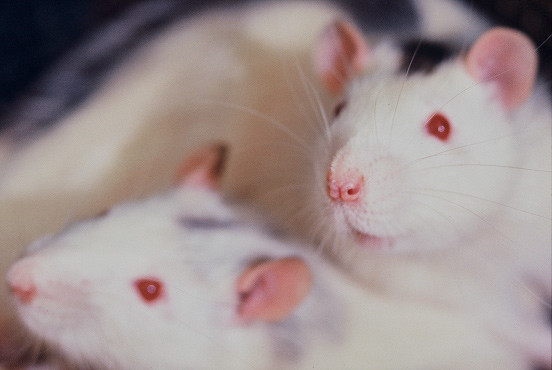This year, VICE Studios released Rat Park, a documentary that dives into the socio-psychological causes of drug addiction. By looking at drug epidemics in three countries—Portugal, the United States, and the Philippines—the documentary focussed on how class, wealth, social status, life struggles, and politics play into the ongoing war on drugs.
The title comes from an experiment performed by Canadian psychologist Bruce K. Alexander in 1978. He found that by keeping lab rats in isolation and giving them the choice between morphine and water drips, almost all chose the morphine, and many died. However, when the rats were placed in a sort of ‘rat haven’—a ‘rat park,’ as he called it—with open space, activities, and other rats, almost all of them preferred water to morphine. Thus, he concluded that there are numerous factors that cause someone to use hard drugs, and that addiction is not as simple as the drug itself.
The documentary first peered into the life of Justin Kunzelman, a former drug user in Florida who has started a harm reduction not-for-profit organization called Rebel Recovery. Florida has had an ongoing opioid epidemic for nearly three decades. Before the so-called ‘pain clinics’ were recently shut down, opiates were easily accessible in the state. Now, many who have since become addicted to them have turned to the cheaper alternative: Heroin. With the government’s unsympathetic view of addicts who cannot simply stop using, it is up to organizations like Rebel Recovery to help them through their addiction in the safest environment possible.
Next, the film covered Vincent Go, a photojournalist in Manila who is actively investigating the killings of drug-users that are being carried out by the controversial president of the Philippines, Rodrigo Duterte. Since his declaration of the war on drugs, over 20,000 people have been killed due to suspicion of drug usage.
Countries like Portugal, on the other hand, have taken things in the opposite direction. In 2001, Portugal decriminalized possession of all drugs, and according to the documentary, overdose deaths have decreased by 80 per cent since the law went into effect. Tiago Praca, a visual artist from Lisbon who had previously been used heroin and crack cocaine for over 20 years, explained why criminalizing and demonizing drug usage is ineffective in the film.
“There will always be drugs,” Praca said. “So, if you want to solve […] the problem, you just have to change the attitude.”
Thomas Brown, an assistant professor of psychiatry at McGill, explained that Portugal’s success may cause other countries to follow suit.
“The data from Portugal are promising, but decriminalization must be accompanied by a concerted, systematic, and an adequately supported bouquet of first, second, and third line preventative mental health strategies,” Brown wrote in an email to The McGill Tribune.
Norman White, a professor in the McGill Department of Psychology, agreed with Brown that decriminalization cannot be the sole solution.
“It’s pretty clear that the current policy of trying to prohibit all aspects of drug commerce and use is a total failure,” White wrote. “Some kind of harm reduction approach is clearly indicated.”
Brown supports the idea that drug addiction is a complex concept.
“Contribution to addiction is multifaceted: Environmental factors including drug accessibility, poverty, early life stress and trauma, [and] social genetics [are all factors],” Brown wrote.
Indeed, Rat Park showcases that putting people—and rats—in an environment where they can thrive socially and experience a high quality of life drastically diminishes their propensity to turn to drugs.








